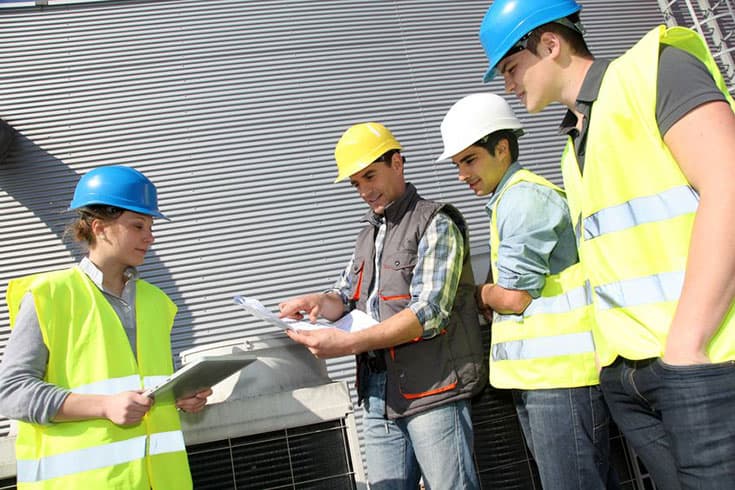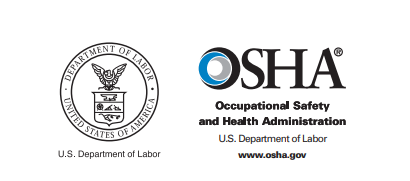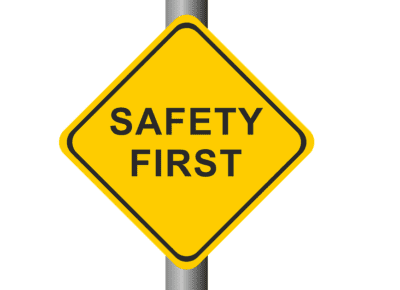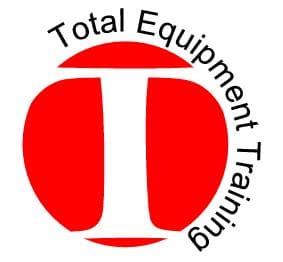
Total Equipment Training staff has received a rise in calls regarding OSHA compliance, and for good reason! OSHA is out on the street and actively enforcing regulations, and many companies are seeking to ensure their workers are properly trained and certified.
This blog post is designed for busy heavy equipment company owners and managers in the USA. It addresses the recent surge in inquiries about OSHA compliance and certifications, and highlights the importance of proper training for your workforce.
Get Your Company OSHA Certified
What is OSHA and Why is it Important?
The Occupational Safety and Health Administration (OSHA), established under the OSH Act of 1970, is a critical federal agency within the Department of Labor. Its primary mission is to prevent workplace injuries, illnesses, and fatalities by setting and enforcing standards and providing training, outreach, education, and assistance. For heavy equipment companies, compliance with OSHA standards is not just a legal requirement but a vital part of maintaining a safe and productive workplace.

Understanding OSHA Coverage and Responsibilities
OSHA covers most private sector employers and workers, as well as some public sector employees. It is crucial for heavy equipment companies to understand their responsibilities under OSHA regulations, including:
- Following all relevant safety and health standards.
- Correcting identified hazards.
- Informing employees about chemical hazards through labels, alarms, and training.
- Providing necessary personal protective equipment (PPE) at no cost.
- Reporting workplace fatalities within 8 hours and hospitalizations, amputations, or loss of an eye within 24 hours.
- Maintaining accurate records of work-related injuries and illnesses.
- Posting OSHA citations and injury data in the workplace.
Employees also have rights under OSHA, such as working conditions that do not pose a risk of serious harm, access to information about hazards, and protection from retaliation for exercising their rights.
Benefits of OSHA Compliance
Compliance with OSHA standards not only keeps workers safe, but also benefits businesses. Since OSHA’s inception, workplace fatalities have decreased significantly despite the growth in the workforce. A safer workplace leads to higher productivity, lower insurance costs, and reduced risk of legal liabilities.
- Safety: Proper training reduces accidents and injuries, creating a safer work environment for everyone.
- Reduced Costs: Accidents lead to downtime, lawsuits, and higher insurance premiums. OSHA compliance helps minimize these costs.
- Increased Productivity: A safe and healthy workforce is a productive workforce.
Key OSHA Standards for Heavy Equipment Operations
OSHA has specific standards for different industries, including construction, general industry, maritime, and agriculture. For heavy equipment operations, these OSHA safety training standards address a range of hazards and safety practices:
- Fall Protection: Requirements to prevent falls from heights.
- Trenching and Excavation Safety: Measures to prevent cave-ins.
- Hazardous Chemicals: Limits on exposure and requirements for safe handling.
- Confined Spaces: Safety protocols for working in confined spaces.
- Machine Guarding: Requirements for guarding machinery to prevent injuries.
- Respiratory Protection: Use of respirators and other safety equipment.
- Training: Mandatory training for workers on various safety topics.
Schedule Company OSHA Safety Training

What Training Does Your Company Need?
OSHA requires employers to provide training to ensure operators are competent. This can include:
- General Safety Training: Covers hazard recognition, safe work practices, and updated rules such as new OSHA hard hat regulations.
- Equipment-Specific Training: Focuses on safe operation and maintenance of specific equipment your company uses.
Refresher Training: Ensures employees stay up-to-date on safety protocols and changes in regulations.
As a heavy equipment company owner, you are responsible for:
- Following relevant OSHA standards for your equipment and industry.
- Providing proper training to your employees on safe operation and maintenance of equipment.
- Keeping accurate records of work-related injuries and illnesses.
- Posting OSHA citations and safety information where employees can see them.
Total Equipment Training: Your OSHA Compliance Partner
OSHA compliance is not just about avoiding fines; it’s about creating a culture of safety that protects your employees and your business. Regular training, operator evaluations, and adherence to safety standards are key to maintaining a compliant and safe workplace.
Don’t Wait for an OSHA Inspection to Address Compliance
Total Equipment Training offers comprehensive OSHA training programs tailored to the needs of heavy equipment operators. Now is the perfect time to:
- Review your current training programs.
- Identify any gaps in your training coverage.
- Contact Total Equipment Training to discuss your training needs.
Ensure Your OSHA Compliance
Our OSHA Training Programs Include:
- Onsite OSHA Qualification Training: Customized training at your location, including classroom instruction and practical evaluations.
- Online OSHA Safety Training: Flexible online courses covering various equipment and safety topics.
- Certification Study Materials: Study guides, heavy equipment manuals, practice tests, and more to help your operators train for CCO certification and meet the latest OSHA and ASME standards.
Our experienced trainers provide site-specific training, ensuring your employees are well-versed in the safety practices relevant to their work. We help you maintain compliance with OSHA regulations, which is essential for avoiding fines and ensuring a safe work environment.
Contact us today to learn more about our training solutions and how we can help you achieve a safer and more productive workplace.

